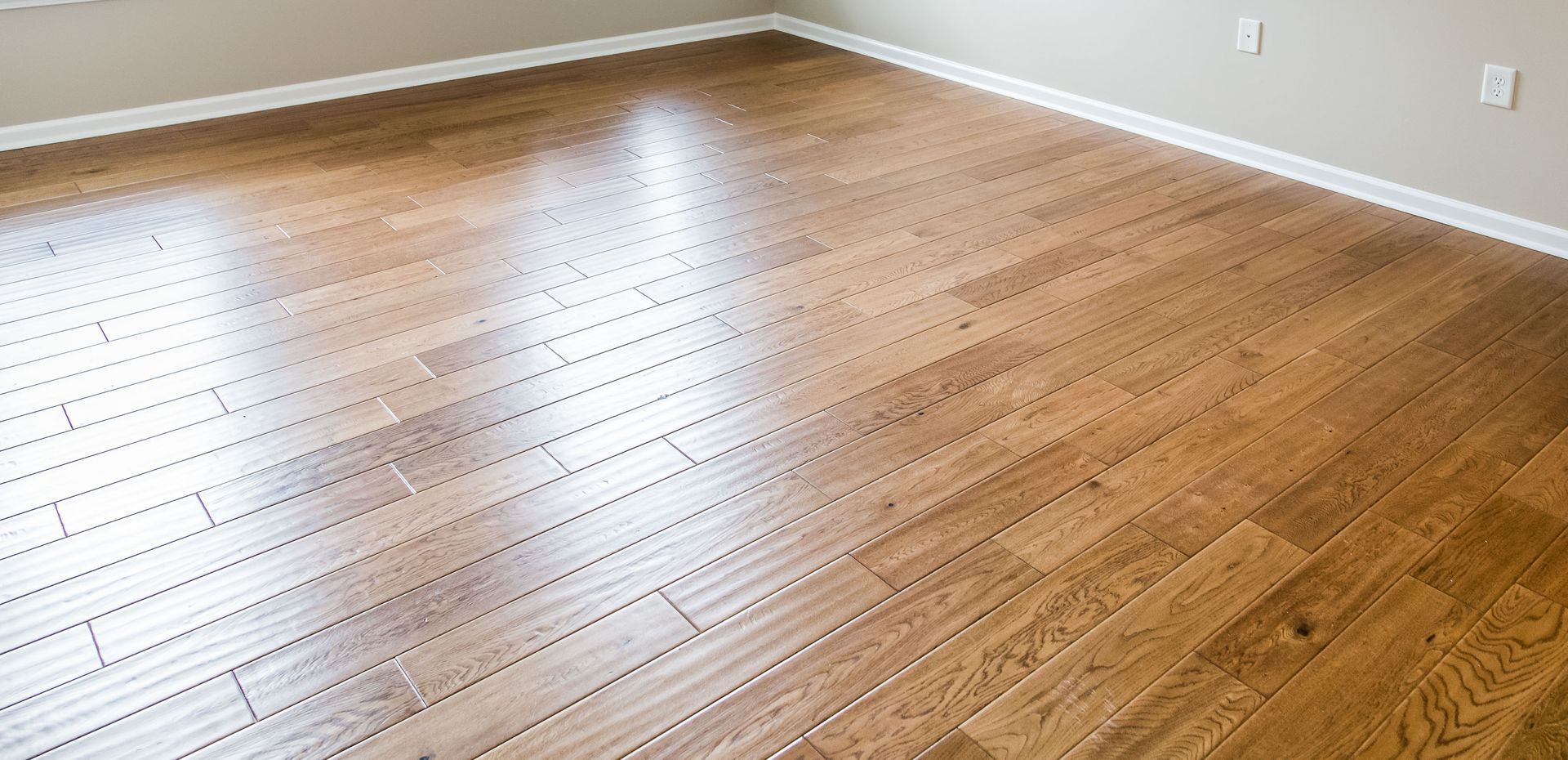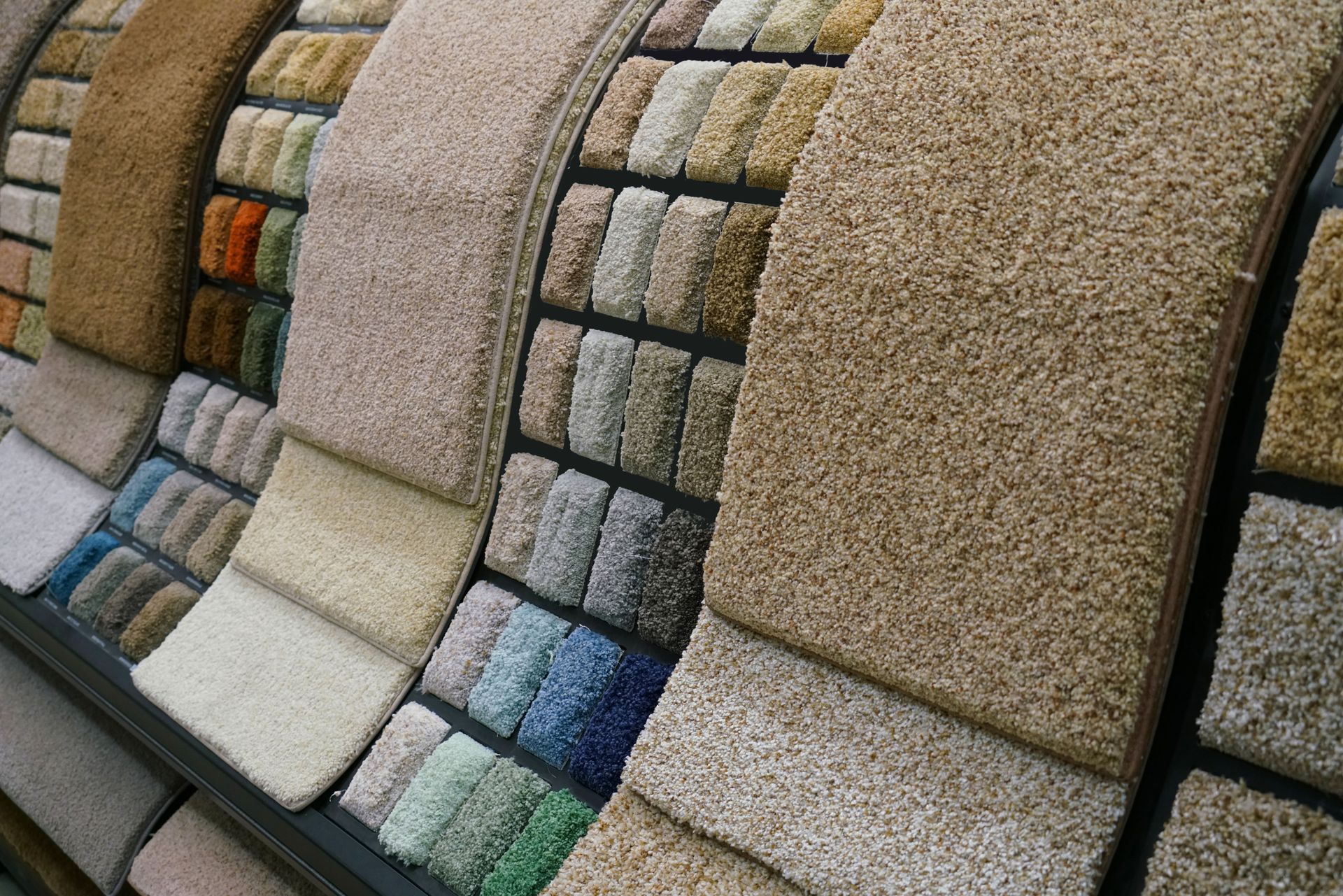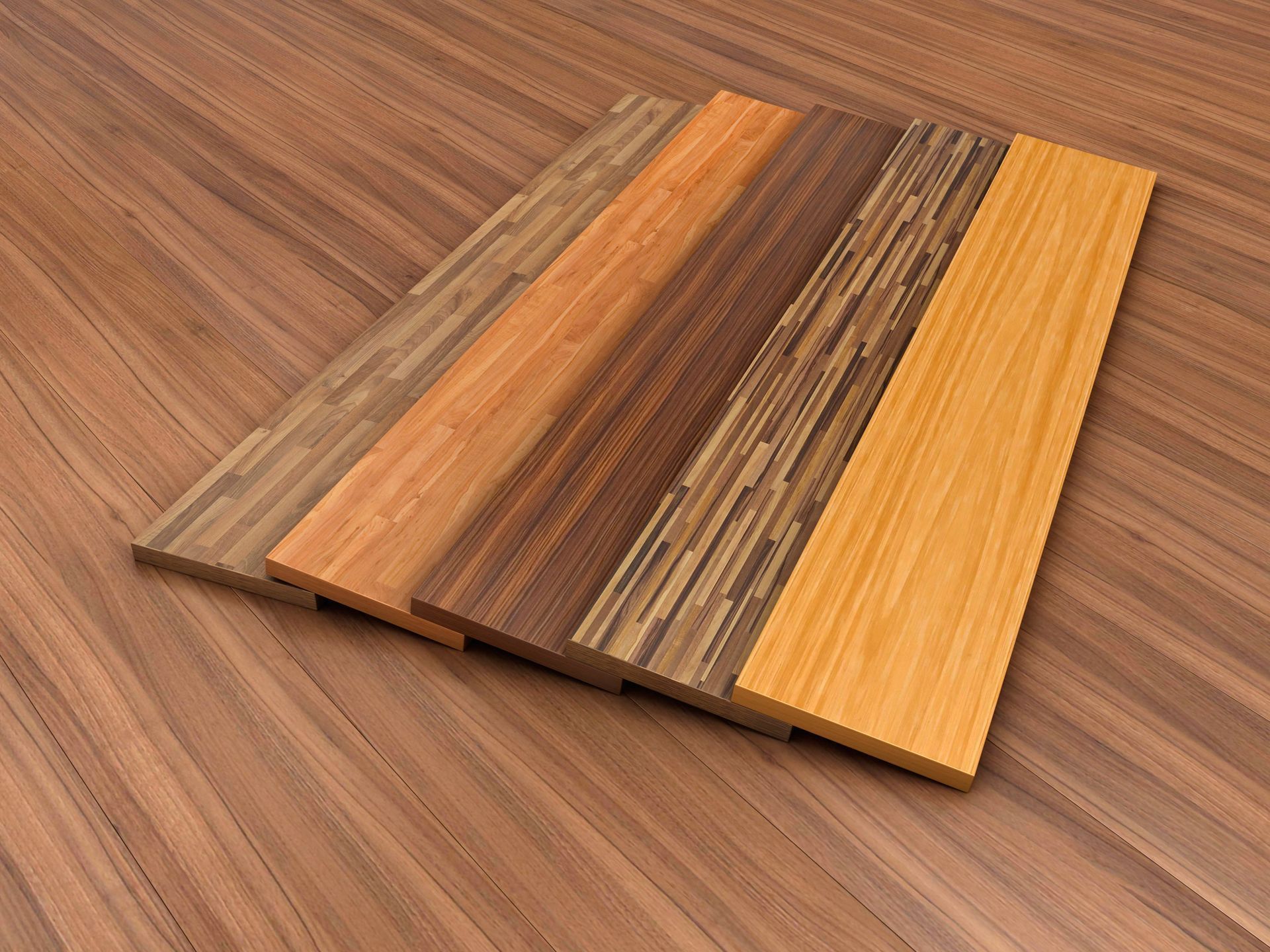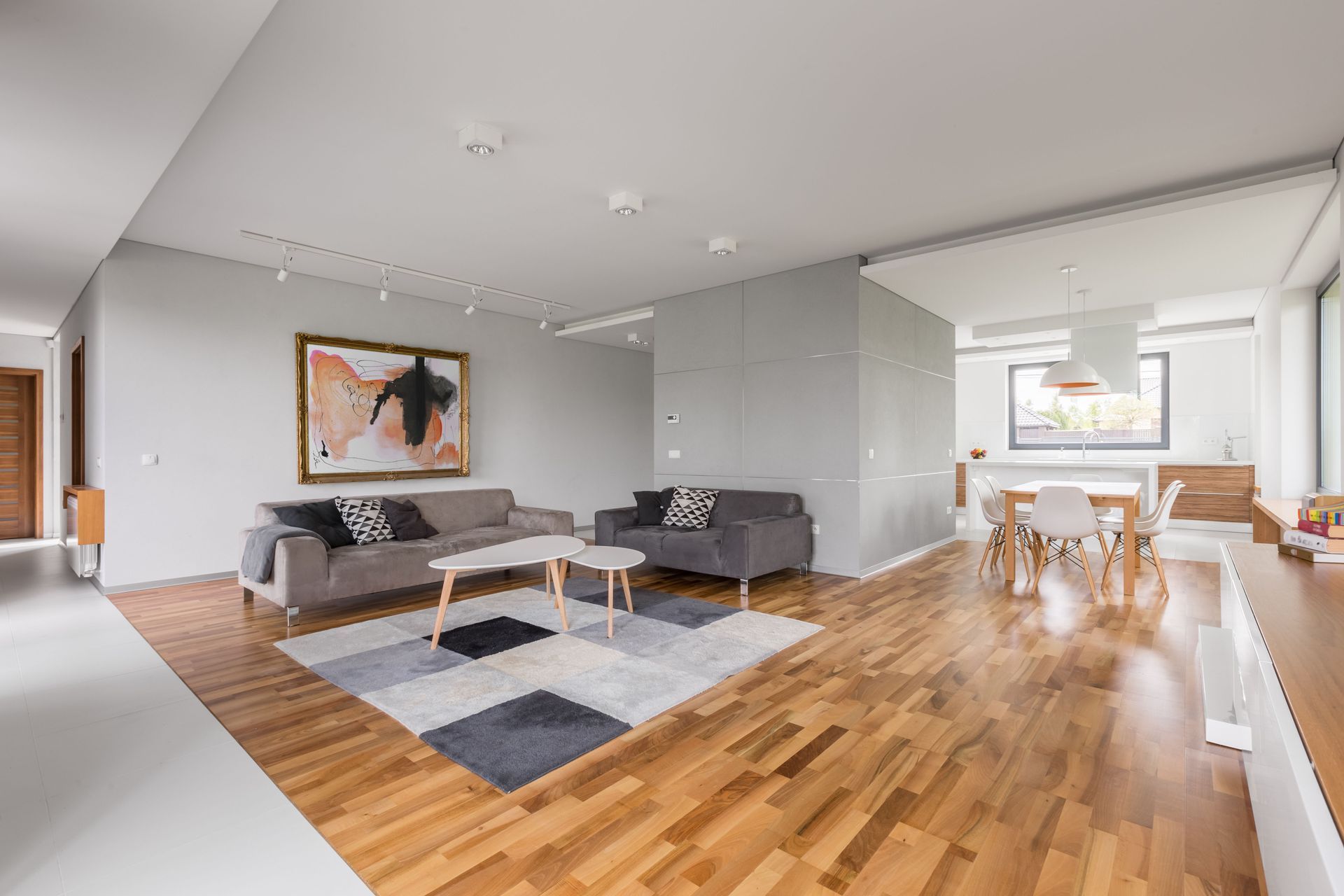September 17, 2025
Choosing the right flooring for your home can significantly impact both aesthetic appeal and functionality. Whether you're renovating your existing space or designing a new one, understanding the differences between engineered and solid hardwood flooring is crucial. Each option has its own advantages and potential drawbacks, making it essential to weigh them against your personal needs, lifestyle, and budget. Read on to learn more about the comparison of the two options.
Hardwood Flooring Provides Longevity
Solid hardwood flooring is a classic choice for those seeking a traditional, long-lasting option. Made from a single piece of wood, it offers natural beauty and the ability to be refinished multiple times. This makes it ideal for high-traffic areas where scratches and dents may occur. However, its installation can be more complicated and expensive, making it less appealing for those conscious of their budget or DIY enthusiasts.
Engineered Wood Flooring Provides Affordability
On the other hand, engineered hardwood flooring is gaining popularity for its versatility and affordability. According to Grand View Research, engineered wood accounted for 50.5% of the wood flooring market in 2024, largely due to its cost-effectiveness compared to solid wood. Comprising multiple layers, engineered wood provides better resistance to moisture and temperature changes, making it suitable for areas like basements and kitchens. Its easy installation process also adds to its appeal, especially for those looking for a quicker renovation solution.
Flooring Choice Depends on Environmental Factors
Durability is another crucial factor to consider when choosing between these two types of flooring. While solid hardwood can last for decades if properly maintained, engineered wood offers a similar lifespan but is more adept at handling environmental factors that may cause warping or bowing in solid wood. Both options can be a sound investment, depending on the specific conditions of your home and climate.
Ultimately, the choice between engineered and solid hardwood flooring will depend on your priorities regarding cost, maintenance, and environmental conditions. While solid wood may offer timeless elegance and longevity, engineered wood provides versatility and affordability. By considering these factors, you can ensure that you select the flooring type that best suits your home and lifestyle needs. If you want hardwood flooring for your property, make sure to contact Taylor Carpets and Flooring today. We look forward to hearing from you!








